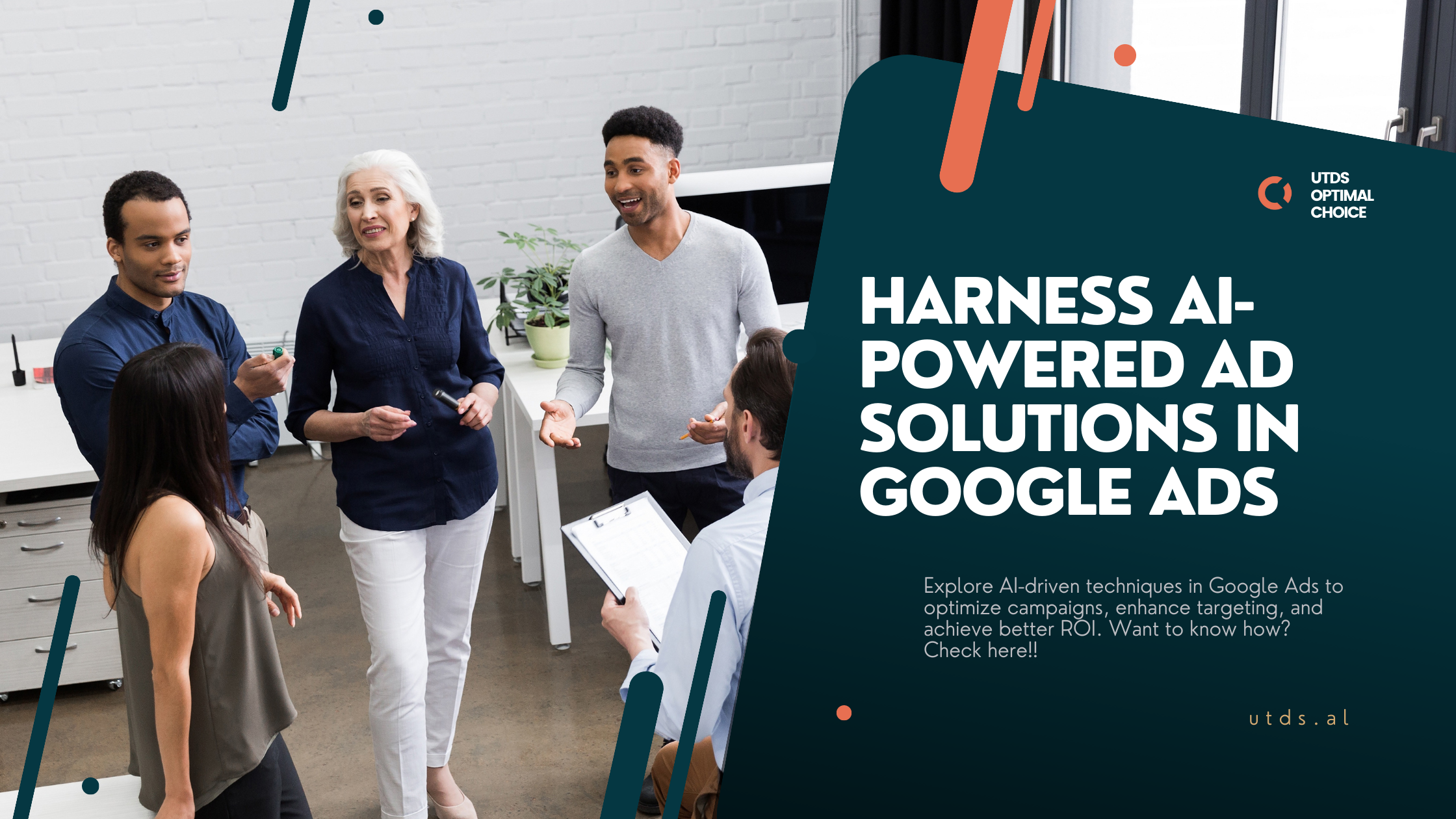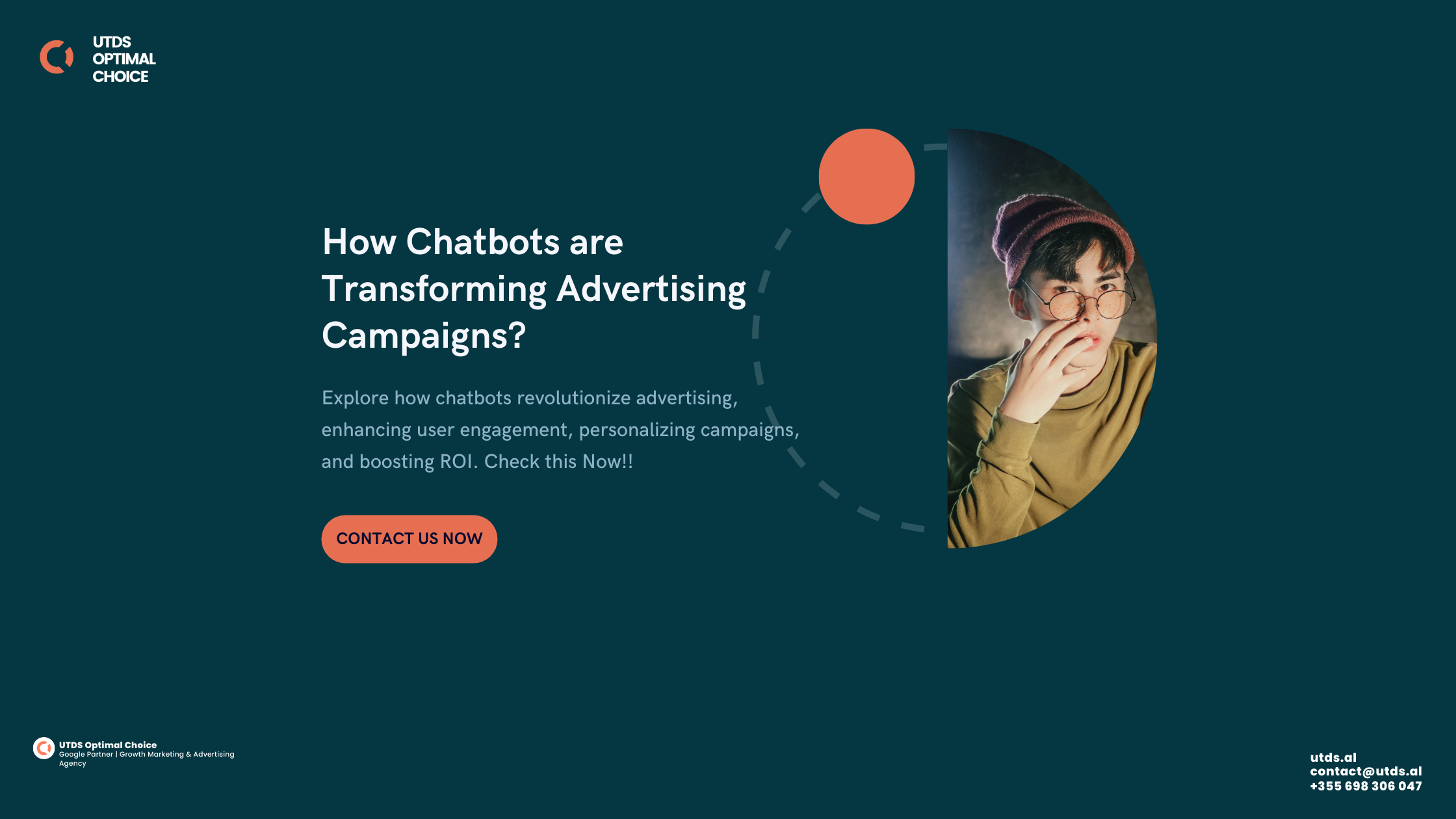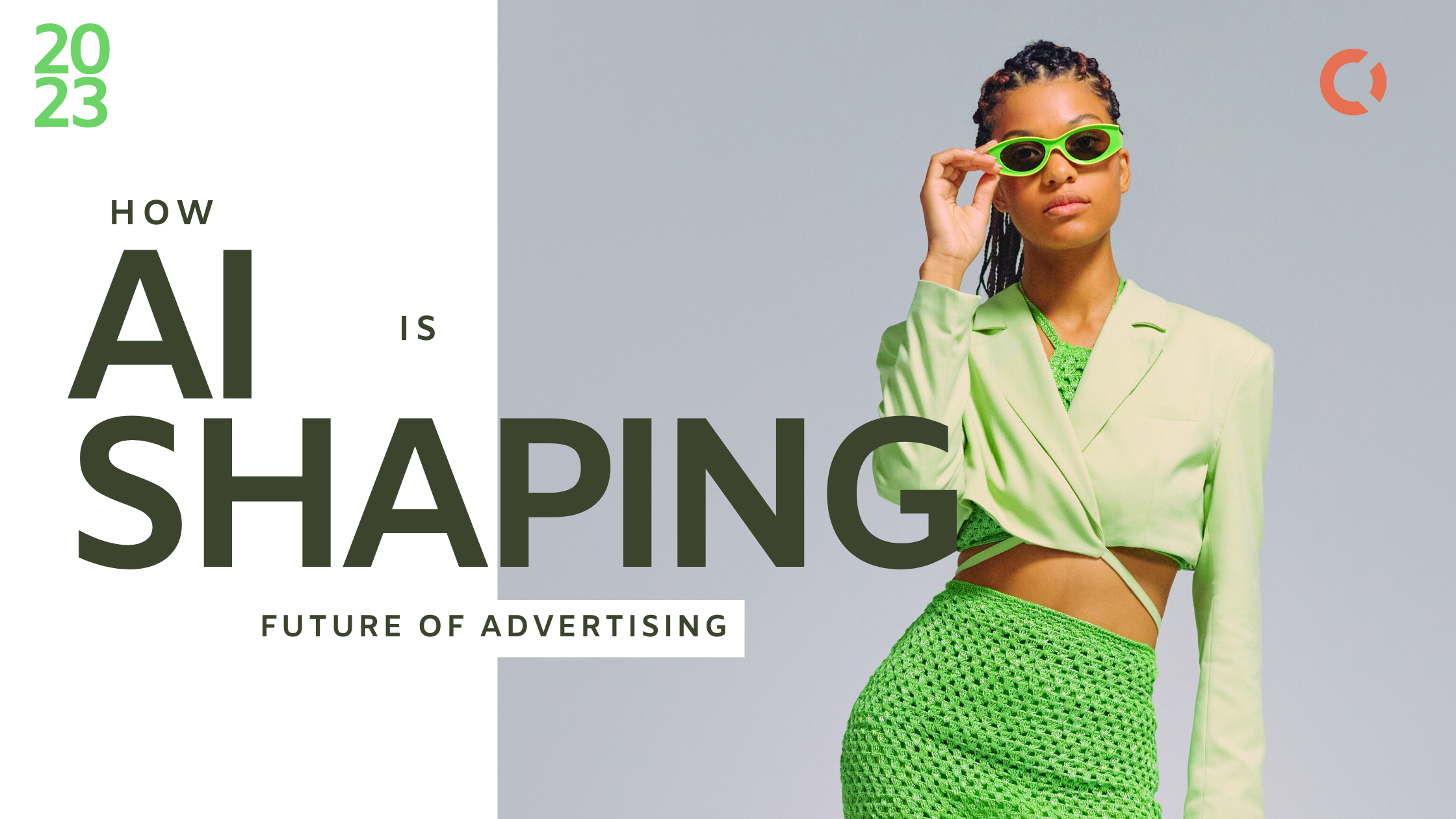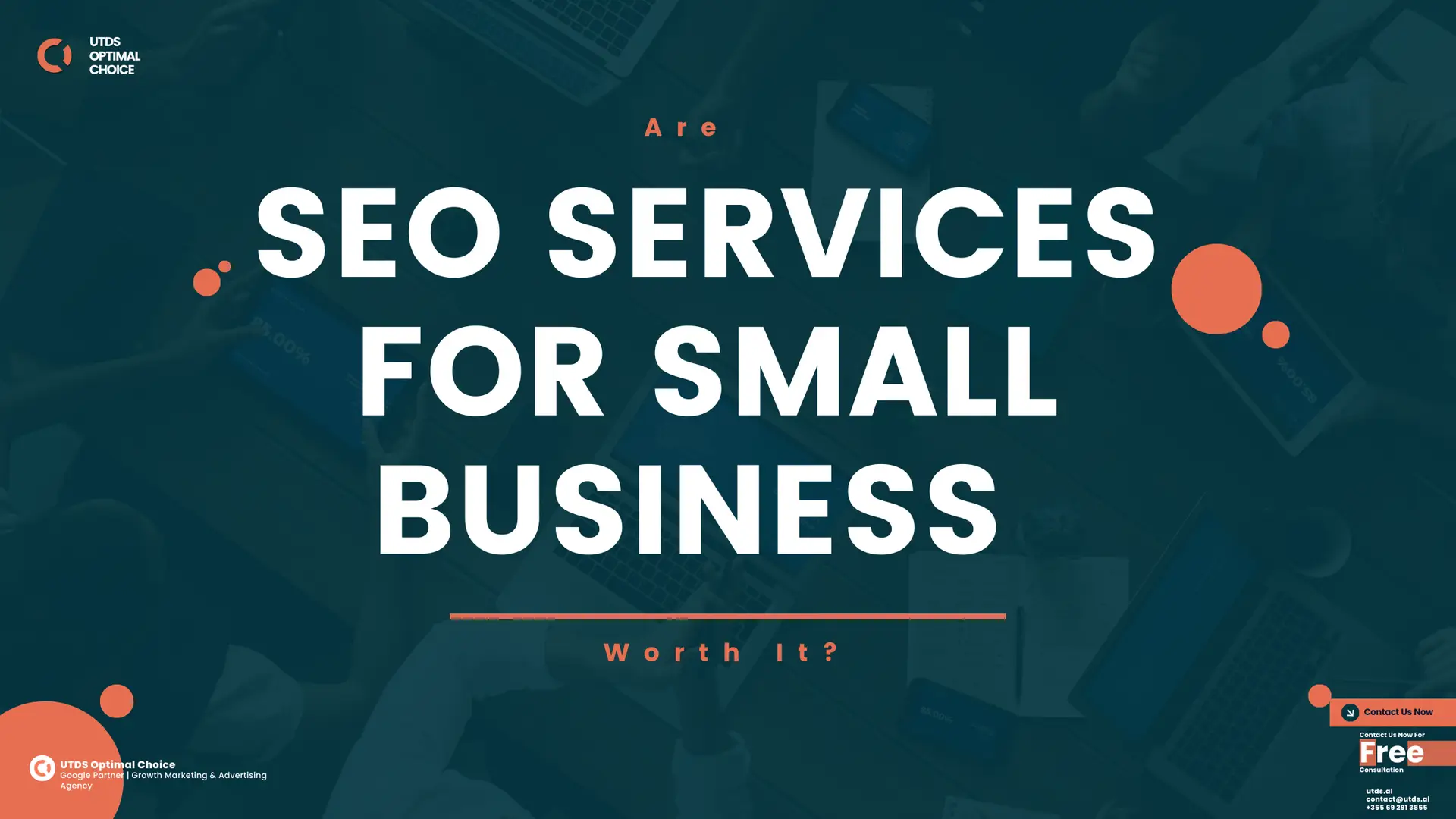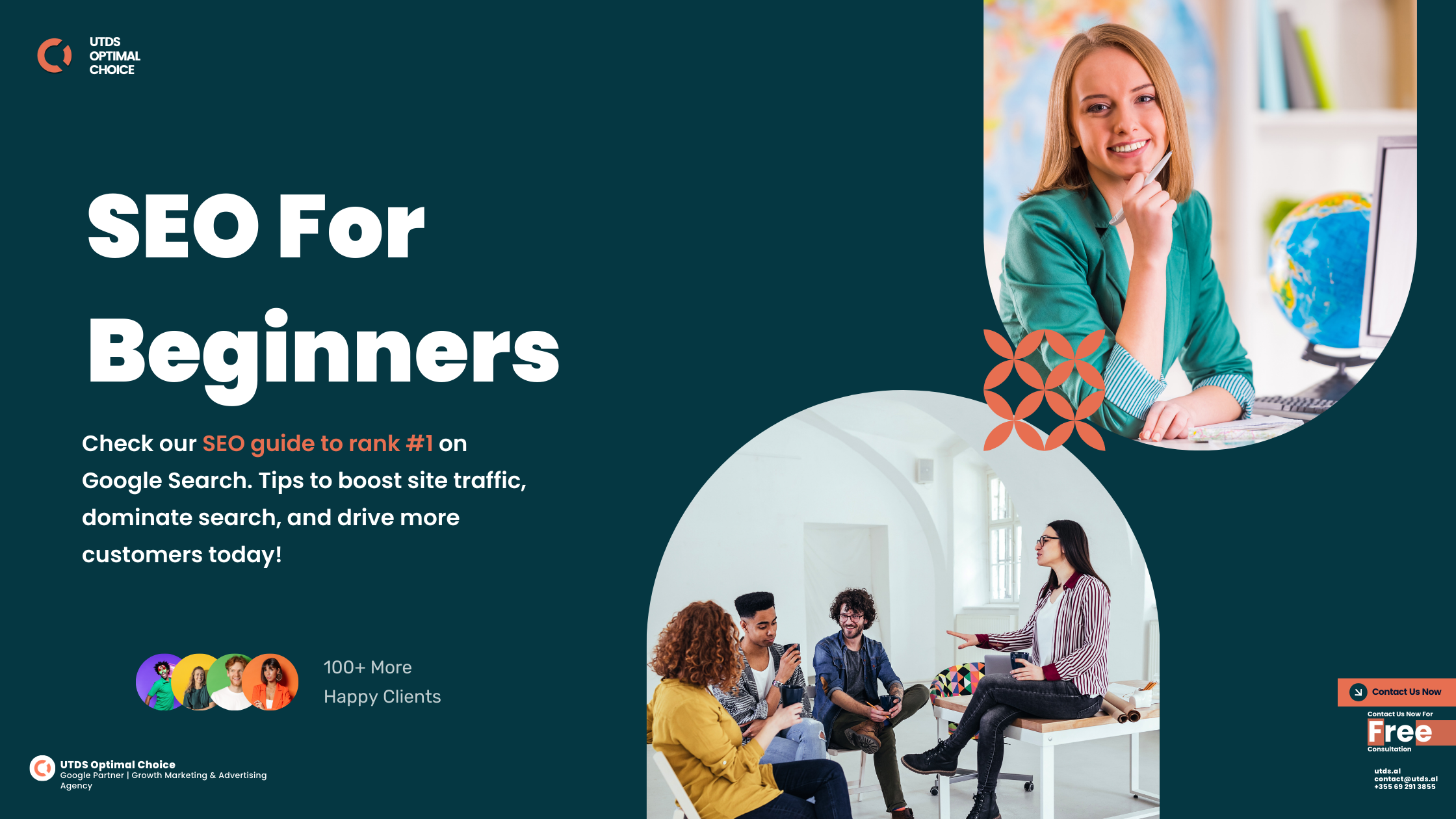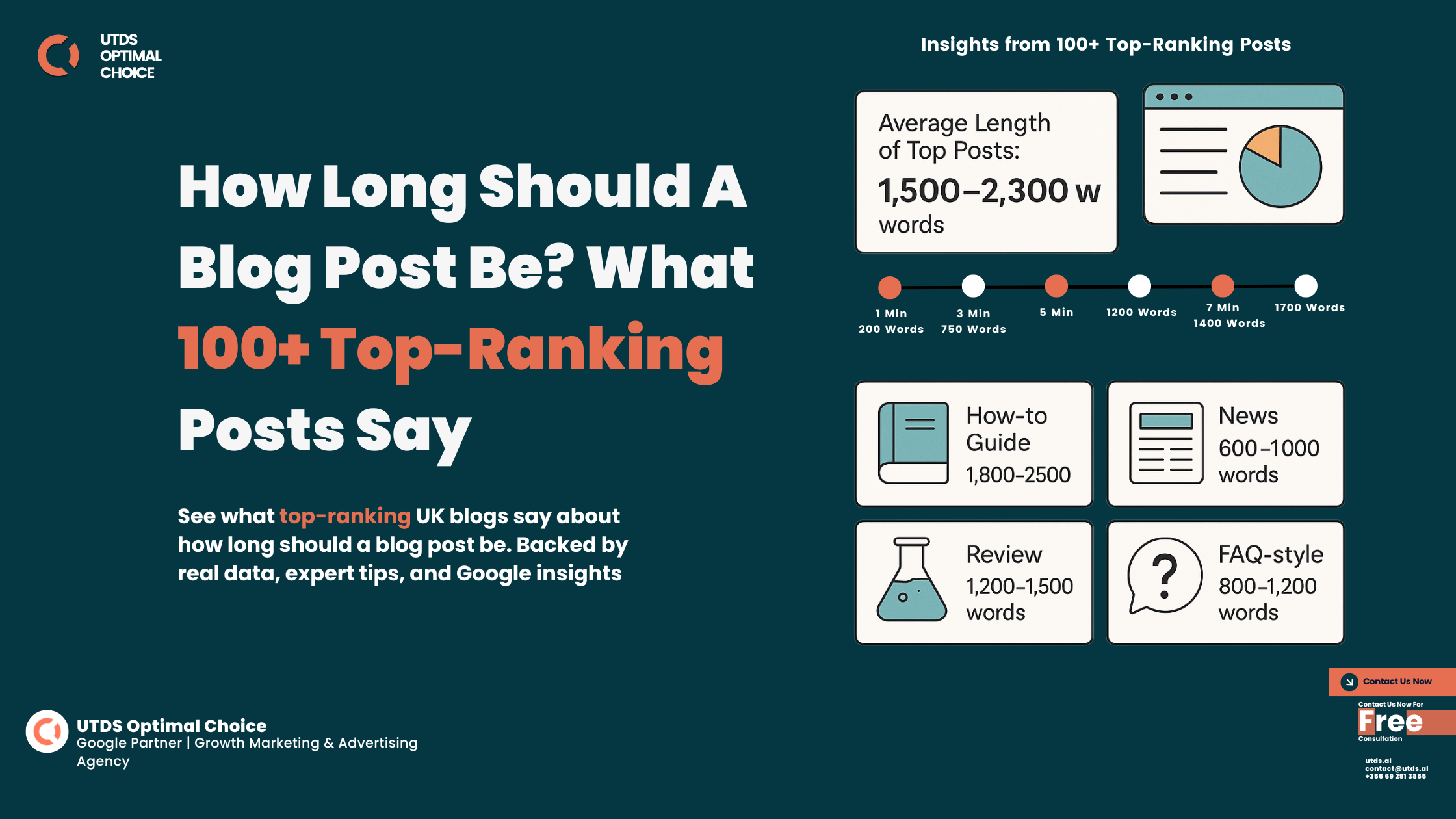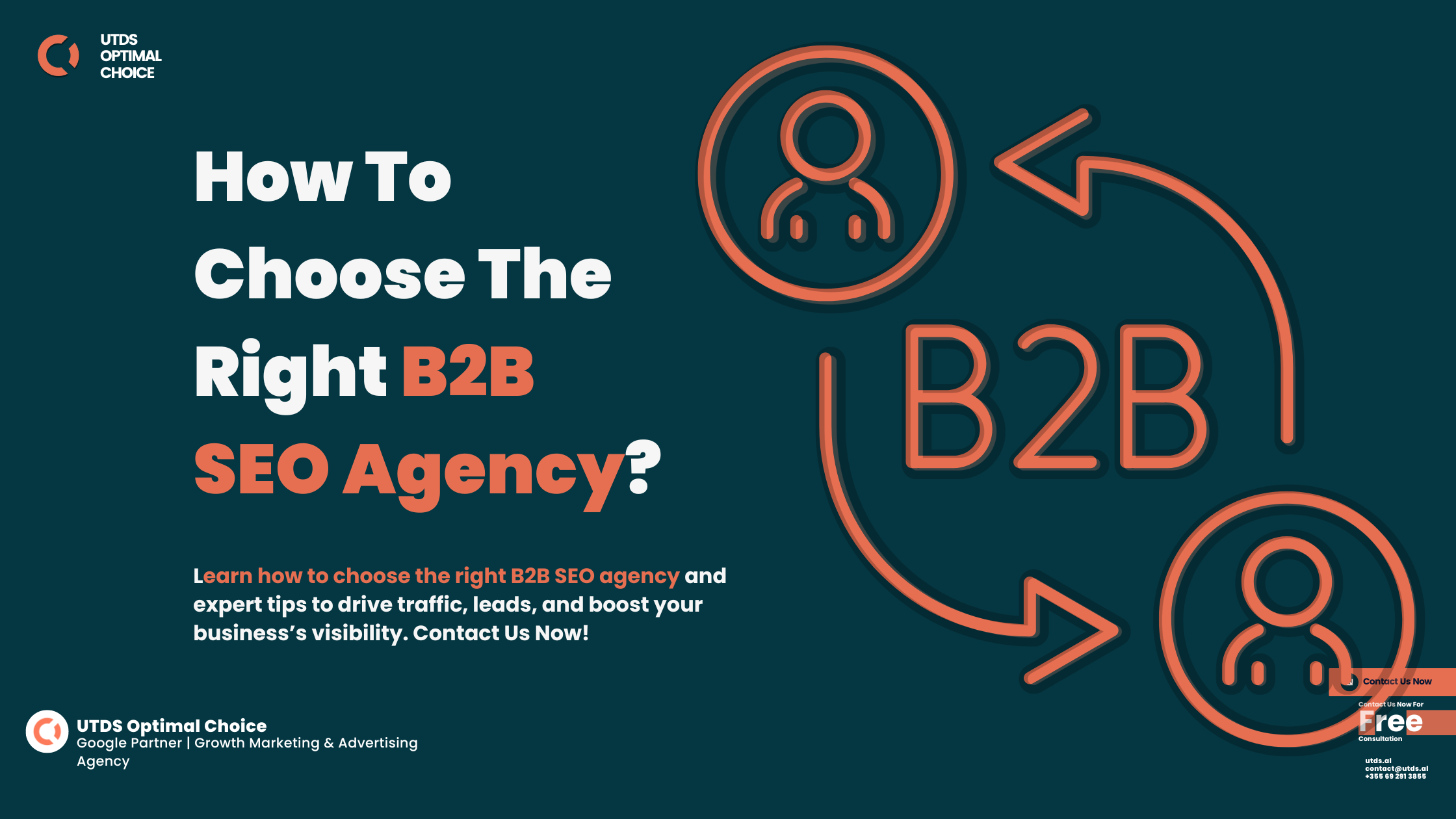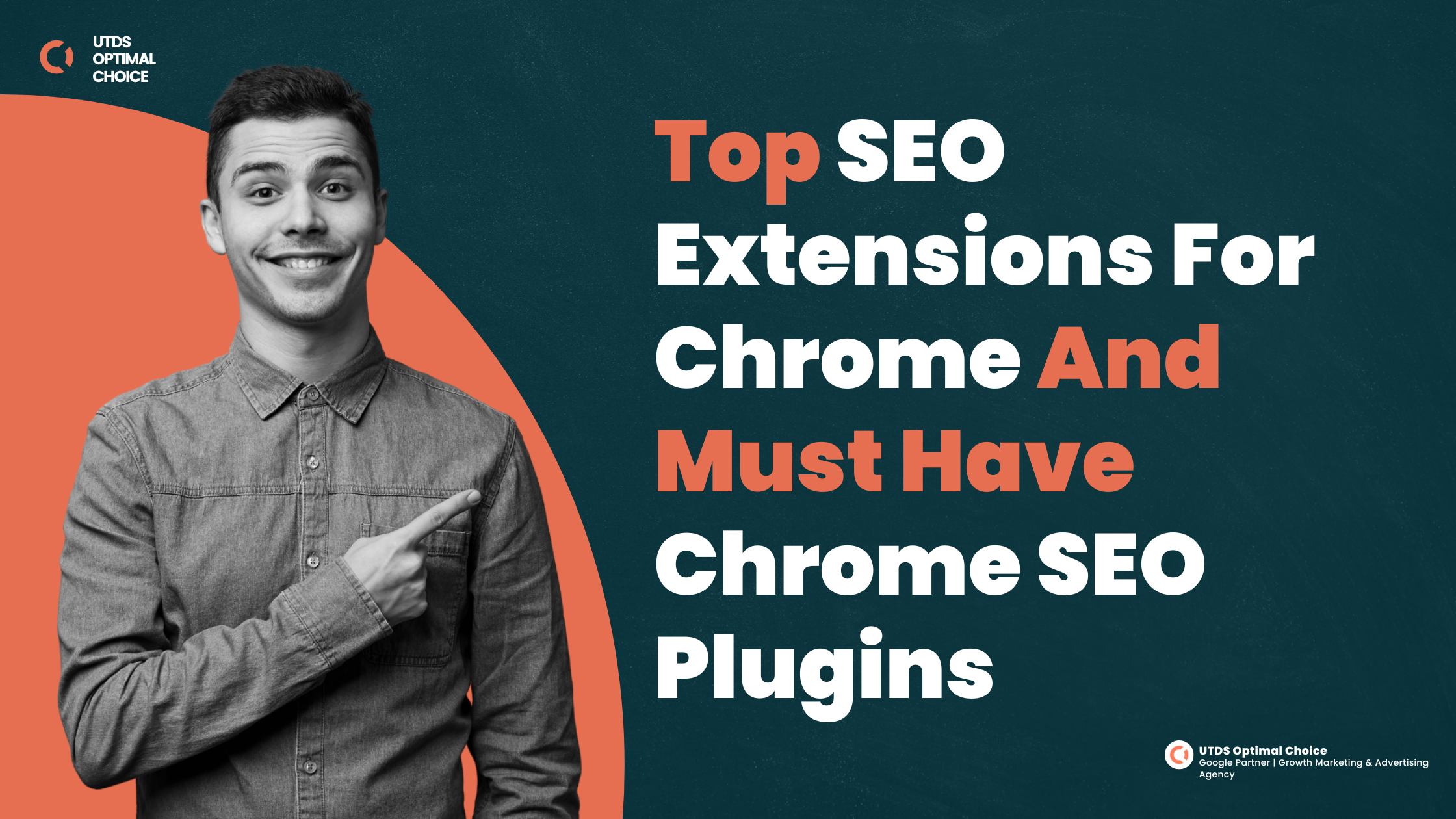As businesses increasingly turn to artificial intelligence (AI) for content creation, many are asking: Is AI generated content really worth the risk? While AI tools can produce content quickly and cost effectively, there are also potential risks, such as quality, SEO performance, and even ethical concerns.
In this guide, we’ll look into the advantages and disadvantages of AI generated content, answering key questions to help you decide if AI content is the right choice for your business.
If you're looking to improve your websites ranking and drive high-quality traffic, our expert SEO and PPC services can help. At UTDS Optimal Choice, we specialise in creating customised strategies that not only optimise your site for search engines but also generate measurable results for your business. Get in touch today to see how our SEO and PPC experts can enhance your digital marketing efforts and help your business grow faster!
What Is AI Generated Content?
AI generated content refers to text, images, or videos created by artificial intelligence, rather than human writers or designers. AI tools like ChatGPT 4o analyse vast datasets and generate, structured content automatically. Whether it’s product descriptions, blog posts, or marketing copy, AI can automate many types of content production.
AI Generated Content: Pros, Cons, and Risks Explained
What Are The Benefits Of AI Generated Content?
AI generated content offers several significant advantages:
- Speed: AI tools can generate content almost instantly, making it ideal for businesses that need to scale quickly.
- Cost effectiveness: AI generated content can reduce costs associated with hiring multiple writers or managing a content team.
- Scalability: AI content generation allows you to produce large volumes of content, such as product descriptions for ecommerce or blog posts for SEO campaigns.
What Are The Risks Associated With AI Generated Content?
While the benefits are clear, the risks of using AI for content creation should not be ignored:
- Quality concerns: AI generated content may lack the creativity that human writers bring. Often, AI content can be repetitive or sound robotic.
- Plagiarism and originality: Since AI tools pull data from existing sources, there’s a risk of unintentional plagiarism, which can result in SEO penalties from Google.
- SEO penalties: Googles Helpful Content Update focuses on content that provides value to users. Low quality AI content may be penalised, making it difficult to rank in search engine results.
Can AI Generated Content Rank Well On Google And Bing?
AI generated content can rank well on Google and Bing if it meets quality standards and provides value to users. However, AI content requires heavy human editing and oversight to avoid SEO penalties related to poor quality, keyword stuffing, or thin content. Google’s RankBrain and Helpful Content Update algorithms prioritise content that demonstrates Expertise, Authoritativeness, and Trustworthiness (EEAT), making human oversight critical for success.
What Is The Cost Of AI Generated Content?
AI generated content can save costs in terms of writing and production. However, there are hidden costs associated with editing, refining, and ensuring that the content meets SEO and quality standards. A balanced approach, where AI is used to generate bulk content and human editors handle high quality revisions, can offer the best value.
Is AI Content Ethical?
The ethics of AI generated content are still being debated. Some argue that AI tools take jobs away from human writers, while others claim that AI helps businesses scale and manage workloads. It’s important to use AI responsibly, ensuring that it complements human creativity rather than replacing it entirely.
Use Cases Of AI Generated Content
Businesses across various industries are already benefiting from AI generated content. Here are some practical applications:
- E commerce: AI tools generate thousands of product descriptions for online stores quickly and at scale.
- SEO content: Marketers use AI to generate keyword rich blog posts and website pages to improve organic search rankings.
- News and Media: AI generates short news articles, financial reports, and sports summaries in real time.
- Social Media: AI creates engaging social media posts, captions, and content calendars, keeping brands active online without overwhelming teams.
Additional Long Tail Use Cases
- Content Personalisation: AI is used to customise content for different audiences based on data, improving engagement and relevance.
- Dynamic Email Campaigns: AI generated content can personalise email campaigns for each recipient, boosting conversion rates.
Is AI Content Safe For SEO?
When it comes to SEO, AI generated content is not without risk. Search engines like Google and Bing value quality, originality, and relevance above all. The Google Helpful Content Update highlights the importance of content created for humans, not search engines. Here’s how to mitigate the risks:
- EEAT: Ensure AI generated content is thoroughly reviewed and enhanced with authoritative data and insights to meet Googles EEAT (Expertise, Authoritativeness, Trustworthiness) requirements.
- Avoiding Keyword Stuffing: AI tools can sometimes overuse keywords, so it’s important to check that content reads naturally and follows best practices for keyword integration.
- Structured Data and Featured Snippets: Use bullet points, headings, and tables to capture Googles featured snippets, which can drive significant organic traffic. For instance, a table comparing AI generated content with human written content can be optimised for a snippet.
Human vs AI Content: Long term Value
| Criteria | Human Written Content | AI Generated Content |
|---|---|---|
| Creativity and Depth | High (offers originality and creativity) | Moderate (repetitive, lacks nuance) |
| Cost | Higher (requires human resources) | Lower (automated, quick production) |
| Speed of Production | Slower (requires time for research) | Instant (automates bulk content) |
| SEO Safety | High (meets EEAT guidelines) | Medium (needs human editing) |
| Scalability | Medium (limited by human capacity) | High (produces large volumes) |
While AI content creation excels in speed and scalability, it often requires human intervention to ensure creativity, originality, and SEO compliance. A hybrid approach—using AI for repetitive tasks and humans for creative oversight—can offer the best of both worlds.
Real World Data And Case Studies
- Case Study 1: E commerce Growth with AI Content
An ecommerce company used AI to generate product descriptions for 10,000 SKUs. After human editing, the descriptions contributed to a 30% increase in organic traffic over six months. - Case Study 2: SEO Decline Due to Poor AI Content
A content website relied too heavily on AI generated blog posts. Over time, their rankings dropped by 15% after Google’s Helpful Content Update, due to low quality, thin content. After implementing human review processes, their traffic began to recover.
Is AI Generated Content Worth The Risk?
AI generated content can be a valuable tool for businesses looking to scale their content production. However, it’s not a one size fits all solution. The risks of SEO penalties, quality issues, and originality must be managed carefully.
How Can We Help You?
We are UTDS Optimal Choice, a leading digital marketing agency specialising in SEO and PPC services tailored to help businesses succeed in today’s competitive market. With years of experience working across multiple industries, our team of experts is dedicated to driving meaningful results by boosting your online visibility, increasing traffic, and generating qualified leads.
How We Can Help You:
- SEO Services: Our SEO strategies focus on improving your website’s search rankings on Google and Bing, driving organic traffic that converts. We use a data-driven approach to ensure your content is optimised for search engines, while also appealing to your target audience.
- PPC Campaign Management: Our PPC specialists create highly targeted campaigns designed to maximise your ad spend and generate more leads. We can tailor campaigns to fit your business goals.
- Comprehensive Strategy: We combine SEO and PPC to create a digital marketing strategy that captures both short-term and long-term growth opportunities. Our goal is to increase your visibility, improve conversions, and deliver a solid ROI.
Let us help your business reach its full potential online. Contact us today to discuss how we can improve your digital marketing strategy!

